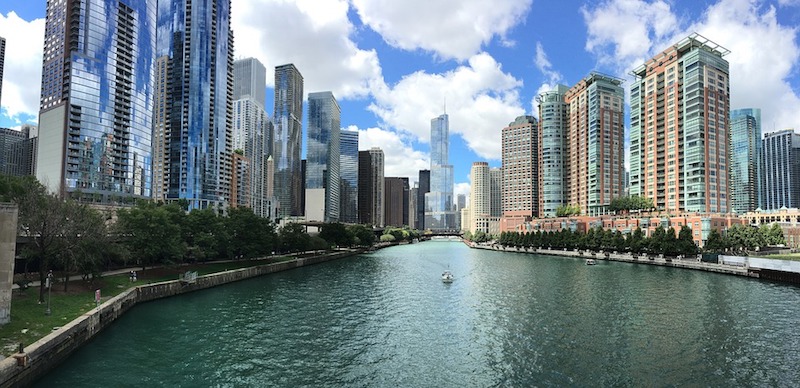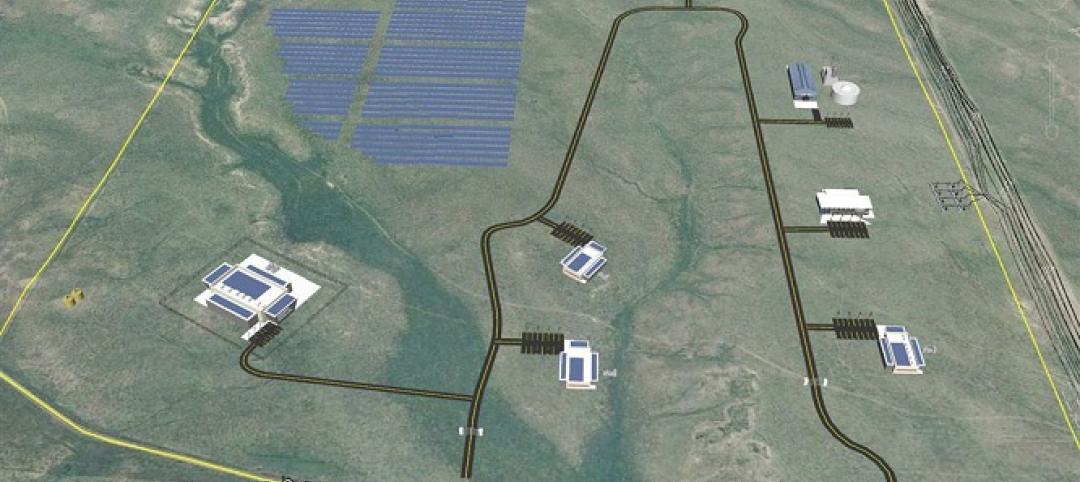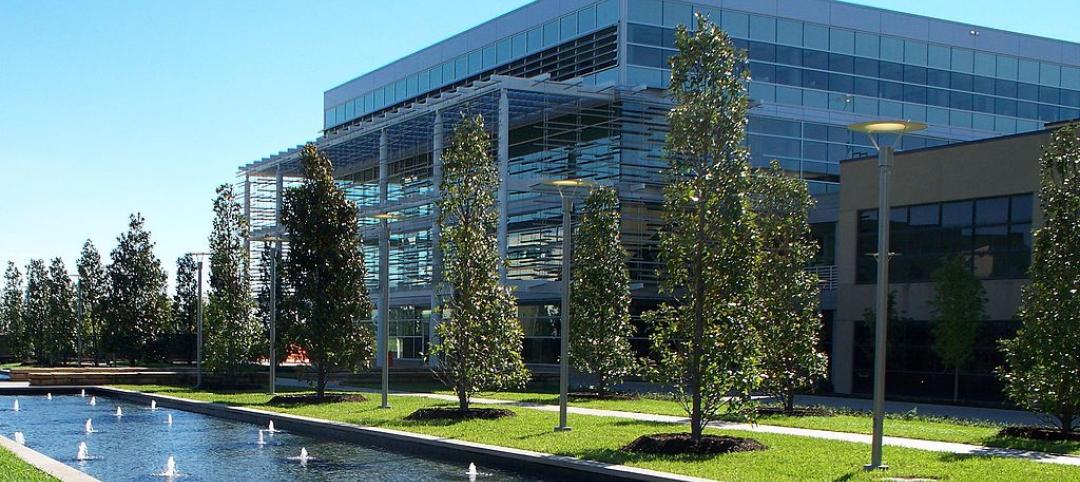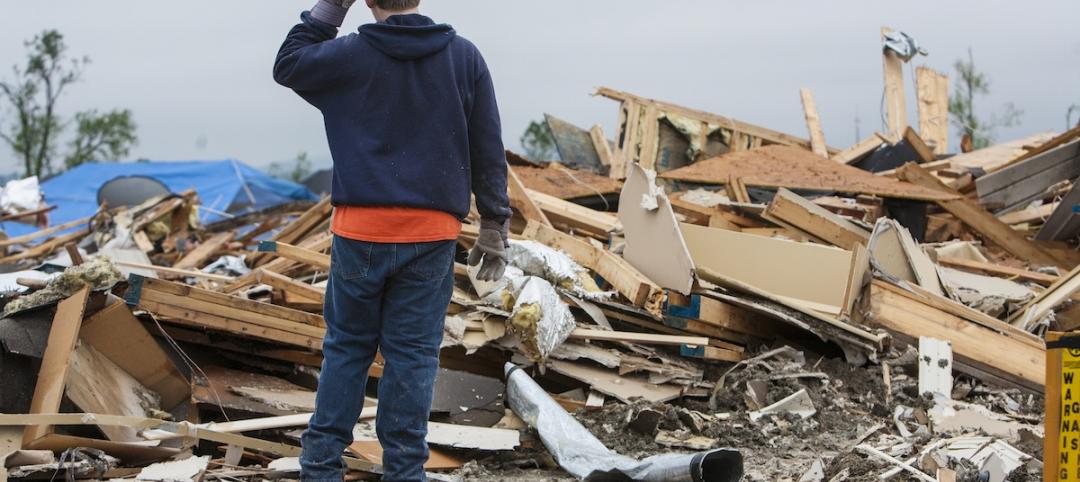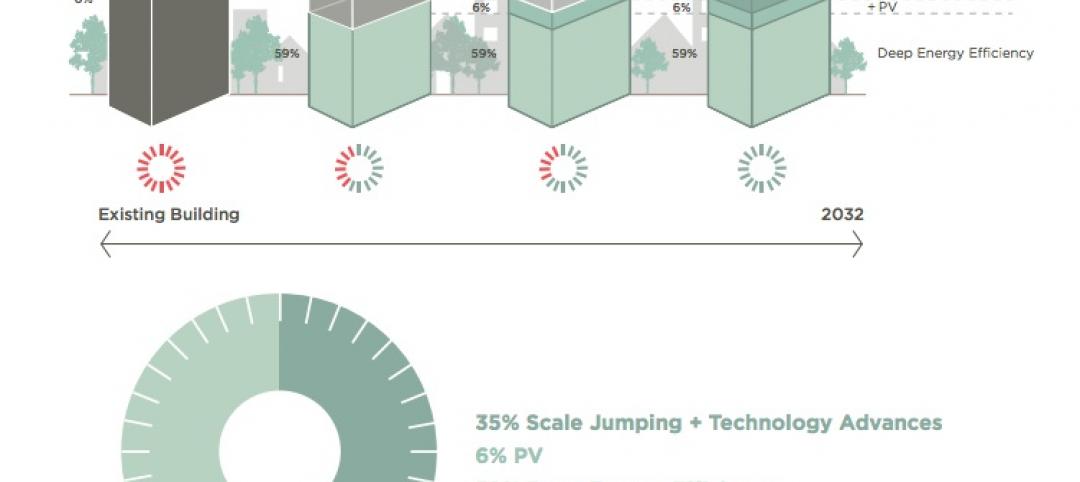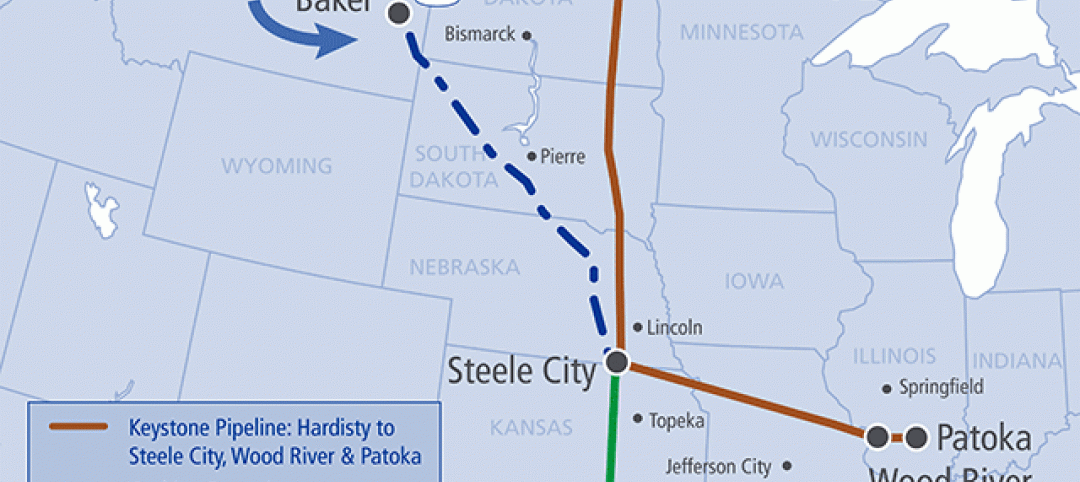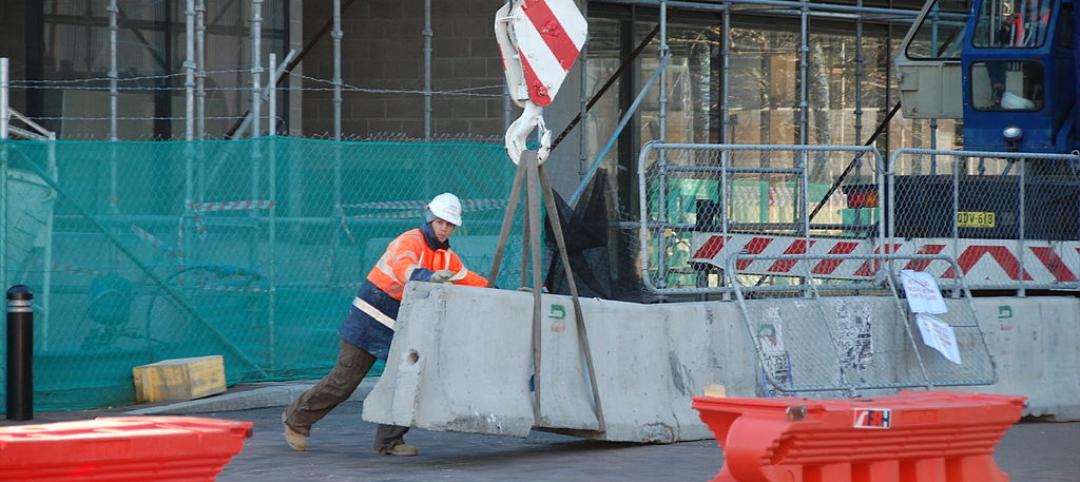Action on buildings codes is fundamental to efforts to significantly reduce urban carbon emissions, according to a report published by the Chicago Council on Global Affairs.
Cities in the most developed countries should encourage faster retrofit cycles and increase energy-efficiency requirements for existing buildings, the report says. In addition, they should develop zero-carbon energy codes for new construction and transition to an all-electric future.
In less-developed urban areas, the primary challenge is to quickly develop and implement energy codes for new construction while fostering energy-efficiency improvements in appliances. Increasing local capacity for code enforcement is another important component.
Cities in developing markets need to create base energy codes to avoid locking in decades of high carbon usage in new construction and address concerns about access to modern energy sources. The report looked at 10 global cities and highlighted a set of principles to reduce carbon emissions.
Related Stories
| May 22, 2014
ASHRAE releases best practice guide for liquid cooling systems in data centers
The publication provides guidelines on interface requirements between chilled-water systems and technology cooling systems and on the requirements of liquid-cooled systems that attach to a datacom electronics rack.
| May 22, 2014
Colorado approves $4.2B data center said to be invulnerable to power outages
The Niobrara Data Center Energy Park project in Colorado will be the first data center to be fully self-contained with its own self-generated energy production facility.
| May 22, 2014
Energy Department analysis shows efficiency gains from ASHRAE 2013 energy standard
Preliminary DOE analysis shows that the ASHRAE/IES’s 2013 energy efficiency standard contains energy savings over the 2010 standard of 8.5% source energy and 7.6% site energy.
| May 22, 2014
Federal disaster policy should focus on mitigation, insurance group says
Federal disaster policy should shift its focus toward mitigation in order to reduce future disaster costs, the National Association of Mutual Insurance Companies says.
| May 22, 2014
Study quantifies cost premiums for net zero buildings
The 73-page report breaks down the incremental cost premiums for transforming three LEED Platinum-designed buildings into net-zero energy, net-zero water, and living Buildings.
| May 22, 2014
Senate kills bipartisan energy efficiency bill over Keystone pipeline amendment
The legislation focused on energy efficiency standards such as water heaters with smart meters and cheaper heating and cooling systems for office buildings.
| May 19, 2014
Construction skilled-worker shortage causing rise in claims
The improved economy has boosted construction starts, but a shortage of experienced trade workers has led to more on-the-job injuries and construction defects.
| May 15, 2014
AISC Prequalified Seismic Moment Connection standard update now available
The AISC standard Prequalified Moment Connections for Special and Intermediate Steel Moment Frames for Seismic Applications (ANSI/AISC 358-10) has been updated with a second supplement, ANSI/AISC 358s2-14.
| May 15, 2014
ConsensusDocs releases new agreements for contractors who hire consultants
ConsensusDocs has released the new ConsensusDocs 746 Constructor & Geotechnical Consultant Agreement and the 747 Constructor & Consultant Agreement.
| May 8, 2014
Report: Top storm-resilient cities have high adaptive capacity
The most resilient cities in the world, including five in the U.S., have attributes that would enable them to recover better than others from devastating natural disasters.


